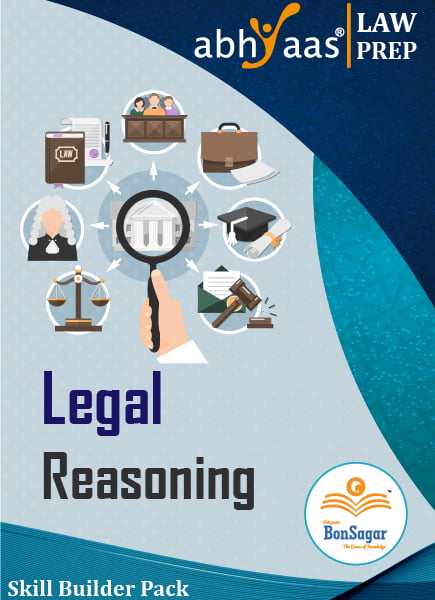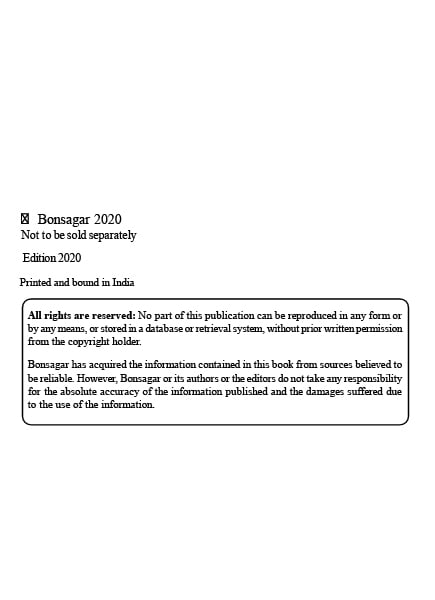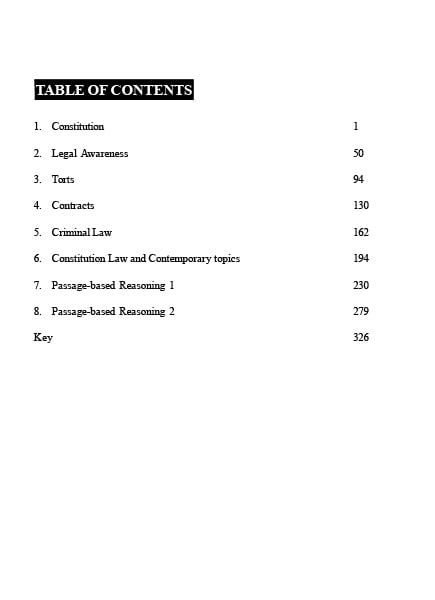Key Changes, Syllabus Breakdown, and Preparation Tips for Aspirants
The Common Law Admission Test (CLAT) is one of India’s most competitive entrance exams for admission to undergraduate (UG) and postgraduate (PG) law programs in top national law universities (NLUs). For students aspiring to pursue a career in law, understanding the nuances of the CLAT exam is crucial to preparing effectively. In this article, we will delve into the key changes in CLAT, provide a detailed syllabus breakdown, and share preparation tips to help aspirants navigate their path to success.
Key Changes in CLAT
Over the years, the CLAT exam has undergone various changes, and staying updated with these modifications is essential for aspirants. Some significant changes in recent years include:
Change in Exam Conducting Body (2020): In 2020, the CLAT Consortium took over the responsibility of organising the exam. This change marked a shift in the management structure, aiming to improve the quality and consistency of the exam.
Revised Exam Pattern (2020 Onwards): In 2020, the exam pattern underwent significant changes. The number of questions was reduced from 200 to 150, and the exam was shifted to a two-hour duration. This helped in making the exam more manageable, allowing candidates to focus on accuracy rather than attempting all questions.
Introduction of a Single-Stage Online Exam: The CLAT exam is now a computer-based test (CBT) with multiple-choice questions (MCQs). There are no subjective questions, which means all answers are selected from the given options.
Legal Aptitude Section Reworked: One of the major changes was the shift in emphasis from factual legal knowledge to the understanding of legal reasoning. This change reflects the growing need for analytical and critical thinking skills in law students.
Postponements Due to COVID-19: The COVID-19 pandemic led to several delays, and the exam dates were adjusted accordingly. Aspirants are encouraged to stay flexible with exam timelines and stay updated with the official notifications.
CLAT Syllabus Breakdown
Understanding the CLAT syllabus is key to crafting a strategic preparation plan. The exam tests your knowledge and aptitude in various areas, and a deep dive into the syllabus is essential. Here is a breakdown of the CLAT UG syllabus:
English Language:
Focus: Reading comprehension, vocabulary, grammar, and sentence formation.
Key Areas: Passage-based questions, vocabulary (synonyms, antonyms), sentence correction, cloze tests.
This section evaluates your ability to read and understand complex texts. To excel, practice diverse reading materials, such as newspapers and academic articles.
Current Affairs and General Knowledge:
Focus: Awareness of national and international events, current issues, and static GK.
Key Areas: International events, Indian history, geography, politics, and static GK (important books, awards, sports).
Regular reading of newspapers like The Hindu or The Indian Express, and magazines like the Manorama Yearbook, can provide a strong foundation.
Legal Reasoning:
Focus: Legal principles and reasoning.
Key Areas: Passage-based legal reasoning, application of legal rules, critical analysis of laws.
This section focuses more on logical reasoning and applying legal principles rather than recalling factual knowledge. Practice reasoning exercises and case summaries to improve your skills.
Logical Reasoning:
Focus: Analytical and logical reasoning ability.
Key Areas: Puzzles, seating arrangements, syllogisms, analogies, logical sequences, statements and assumptions.
Regular practice with puzzles and reasoning questions from previous papers will improve your ability to solve these problems.
Quantitative Techniques (Maths):
Focus: Basic mathematics and data interpretation.
Key Areas: Arithmetic (percentages, ratios, averages), data interpretation (graphs, tables), basic algebra, probability, simple and compound interest.
Regular practice with arithmetic problems and data interpretation will help you perform better in this section.
Preparation Tips for CLAT Aspirants
A strategic approach to preparation can greatly improve your chances of success in CLAT. Here are some tips to help guide your study plan:
Understand the Exam Pattern and Syllabus Thoroughly: Familiarize yourself with the exam format, question types, and time limits. This understanding will help streamline your preparation and avoid surprises on exam day.
Create a Study Plan: Divide your preparation into months, weeks, and days, focusing on different subjects. Allocate more time to subjects that you find challenging and make sure to balance your study routine.
Focus on Building Strong Fundamentals: Strengthen your basics in sections like Legal Reasoning, English, and Quantitative Techniques. Avoid diving into complex topics before mastering the foundational ones.
Stay Updated with Current Affairs: Dedicate time daily to reading newspapers and reliable news sources, focusing on national and international issues, as well as legal developments.
Practice Regularly with Mock Tests: Mock tests simulate the real exam experience. Regular practice helps you manage time efficiently, understand the exam structure, and assess your performance.
Revise Regularly: Regular revision is essential for retaining concepts and improving recall speed. Make it a habit to review your mistakes from mock tests to avoid repeating them.
Refer to Reliable Study Material: Use trusted books and resources, like NCERTs for English and Maths, and CLAT-specific study guides for legal reasoning. Coaching materials and online platforms can supplement your preparation.
Stay Calm and Confident: Preparing for CLAT can be overwhelming, but maintaining a positive mindset is key. Practice stress management techniques to stay focused and confident during the preparation and exam process.
Conclusion
Successfully cracking CLAT requires a combination of hard work, smart preparation, and perseverance. By staying updated on the key changes in the exam, following a structured study plan, and honing your skills in all sections, you can increase your chances of success. Focus on building strong foundations, practicing regularly, staying updated with current affairs, and staying confident throughout your preparation journey. With the right approach, you can achieve your dream of studying law at one of India’s top national law universities.




